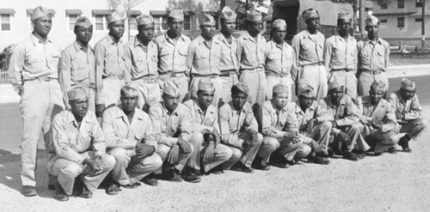Though the Pentagon’s new policy has created the opportunity for women to serve in combat roles, it may be sometime before they reach the front lines. Defense officials said that it may take up to three years to determine the necessary physical standards for women joining ground combat units. Opening up combat positions to women could lead to improved gender equality throughout the armed forces, providing the necessary experience for women looking to move through the military ranks.
“Women have been bleeding, dying and serving in combat, and that needs to be recognized,” Rep. Tammy Duckworth (R-Ill.) told Bloomberg. Duckworth lost both her legs and injured her right arm while serving as an army helicopter pilot in the Iraq War. She also is a lieutenant colonel in the Illinois Army National Guard.
“The other part of this is that women will now be able to move up into some of these positions and it will allow them to get promoted to the highest rank of the military,” Duckworth said. “That’s really difficult to do if you don’t have time in a combat-arms unit under your belt.”
A new study found that women and minorities in the armed forces have a higher rate of job satisfaction than the white male majority, suggesting that the military’s efforts to improve equality are being well received. The statistics are the opposite of similar studies conducted in the private sectors, where white men typically report greater satisfaction.
That is not to say that white men serving in the line of duty do not welcome the Pentagon policy shift. Rigorous physical requirements will still lend an advantage to men in combat units. For example, Army infantrymen are expected to be able to carry equipment weighing 150 pounds over 33 feet. It has not been stated whether standards for women will remain the same if they choose to enter combat.
“We expect to be challenged just like any fire department or police department in any big city,” General Robert Cone, commander of the Army’s Training and Doctrine Command, told Bloomberg, referring to a possible shift in the military’s physical requirements. “Women do not want standards changed for them. If the standard is in fact valid, they want to meet that standard.”


